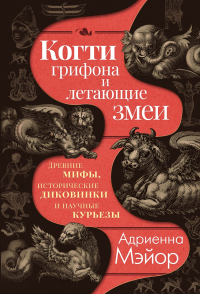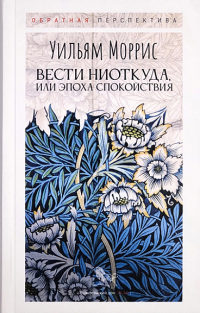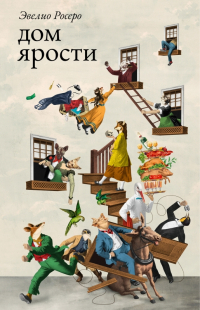Лучшая рецензия
Смотреть 1Книга преподавателя Стаффордширского университета Алуна Томаса охватывает период НЭПа, с 1920 по 1928 годы и касается кочевого населения в первую очередь Казахстана (сначала автономии в составе РСФСР, потом - отдельной республики) и в гораздо меньшей степени - Киргизстана.
Томас рассказывает о том, как именно (и почему) воспринимала кочевничество советская власть, местные кадры и соседи - как славянское население, так и городские соотечественники. Что пытались с ним сделать, как встраивали в новую систему управления, мировоззрения и быта, и как оно закончилось почти полной гибелью в Первую Пятилетку. Голоса от кочевников по понятным причинам фактически не осталось - мы знаем о них только со слов либо чужаков вроде имперской администрации или советских назначенцев из центра, либо соседей -…



















